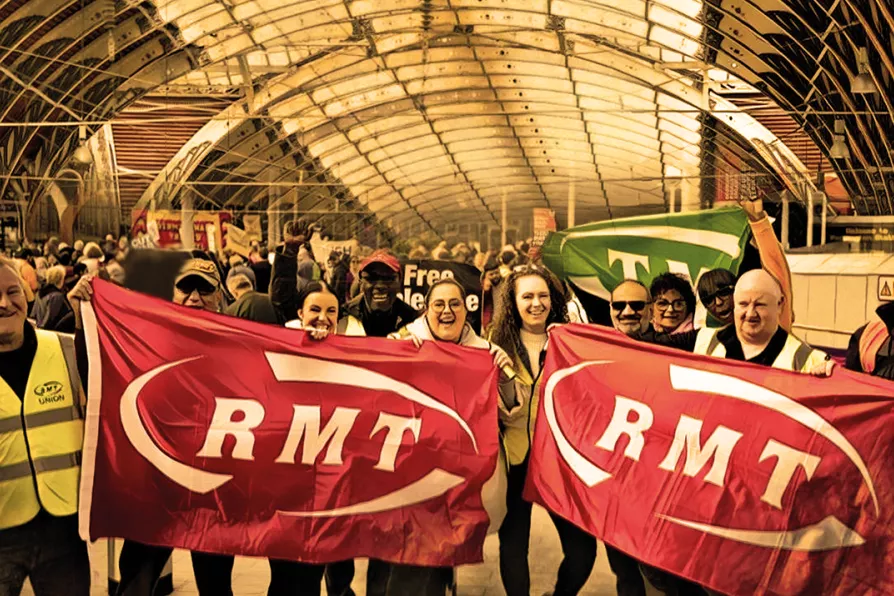As tens of thousands return to the streets for the first national Palestine march of 2026, this movement refuses to be sidelined or silenced, says PETER LEARY


THE response of the Tory government (whoever leads it) to the cost-of-living catastrophe facing the working class is not to control prices, tax the profiteering energy companies, or take steps to increase incomes.
No. Instead, it published last Friday the Transport Strikes (Minimum Service Levels) Bill. This will impose yet further restrictions on the capacity of workers to protect their wages by taking strike action where persuasion fails.
The new law is likely to be followed by legislation requiring a union to ballot its members on strike on every offer made by the employer in the course of negotiations.

The Bill addresses some exploitation but leaves trade unions heavily regulated, most workers without collective bargaining coverage, and fails to tackle the balance of power that enables constant mutation of bad practice, write KEITH EWING and LORD JOHN HENDY KC

It is only trade union power at work that will materially improve the lot of working people as a class but without sector-wide collective bargaining and a right to take sympathetic strike action, we are hamstrung in the fight to tilt back the balance of power, argues ADRIAN WEIR












